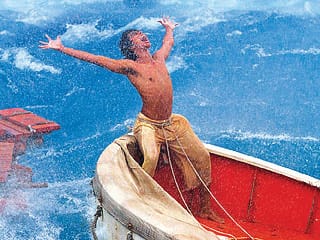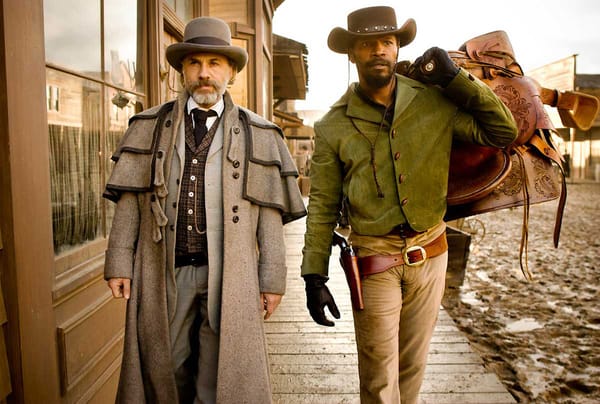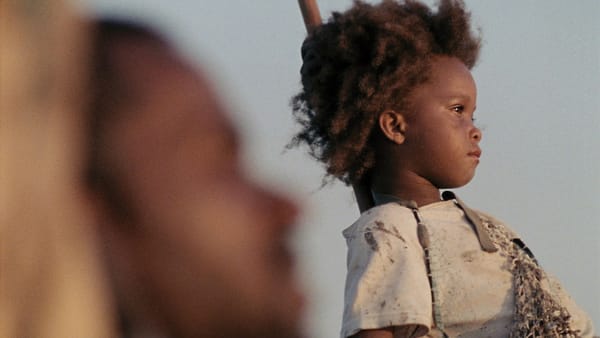3.141592653589793238462643383279502884
Oh come on, you go to Imperial, you know what it is...

For those of you who have read Yann Martel’s Booker prize-winning novel Life of Pi, you might have wondered, how on earth this soliloquy was going to be transformed into a half decent film. The majority of the novel is set in a small boat drifting around the ocean, and relates the thoughts of the lead character – how was that going to translate successfully into a good film? After the release of the film’s advert, all hope was lost – 3D effects must surely be the focus of the producers, not the heart-rending story of the book.
This was reckoned, of course, without fabulous director Ang Lee at the helm. Lee’s previous works include the phenomenal Crouching Tiger, Hidden Dragon, Sense and Sensibility and, most recently, Brokeback Mountain – a very quiet film with little dialogue. Born in Taiwan, Lee has established himself over the last few decades as one of the world’s most versatile, multi-talented directors – not to mention one of the most successful – so just maybe this could be a winner. 3D glasses at the ready, thousands of viewers have flocked to see Life of Pi – and have come out glad that they did.
The tale begins in the present: a Canadian author (who it is assumed is Yann Martel, played by Rafe Spall) travels to India to research abook, where he is told by a friend that there is a man back home in Montreal called Pi (Irrfan Khan), with such a story to tell that ‘it will make you believe in God’. Intrigued, the author locates Pi (whose actual name is Piscine Molitor Patel), a philosophy teacher, and Pi relates the tale of his incredible life – starting as a zookeeper’s son in Pondicherry, India.
Growing up in India, the very serious and inquisitive young Pi (played by Gautam Belur at five, Ayush Tandon at twelve and Suraj Sharma at sixteen) is intrigued by religion and the meaning of life – a development that the filmmakers treated with respectful playfulness as Pi creates a private religion combining Hinduism, Islam and Christianity with the beauty of the natural world found on his doorstep in the zoo. But when his father decides to take the animals to Canada to be sold, Pi despairs and his faith is tested. He and his family board a Japanese ship with the animals – a journey that will be far more thrilling than expected. When the ship is struck by a gigantic storm in the middle of the ocean, Pi fights for his and his family’s lives only to find himself captaining a lifeboat with just a zebra, a hyena, a female orangutan and the gigantic Bengal tiger named Richard Parker for company – watching the wreckage of the ship, crew and his family disappear down the Mariana Trench.
And so starts Pi’s grand adventure. There is no peace and relief of survival on his little boat – this is a Darwinian place where animals fight for their lives. Pi must learn to command the creatures, or die himself. Using 3D filming at its absolute finest (eat your heart out James Cameron) and CGI creatures so realistic that you wouldn’t believe they’re not, Ang Lee and his production team make it all so horribly real, down to a few terrifying, popcorn-flying 3D moments. Pi’s 227 days at sea test his physical and mental strength (not to mention his faith) and the story is beautifully uplifting and crushingly devastating at the same time. Unfortunately the frustration of the book’s ending is not lost in the film – the crux of which is a question the adult Pi asks the author, and the answer he receives.
Adapted for screenplay by American writer David Magee, the film is an excellent combination of narration and monologue. The young Chilean director of photography, Claudio Miranda, creates unbelievable horror in the storms, and utter beauty in the sparkling fish surrounding Pi: Miranda must surely be in line for an award. In fact, this is an awards-season movie if ever there was one – it certainly deserves every technical prize available. But alongside the magnificent effects, the story of a young boy bewildered at sea is not lost.








